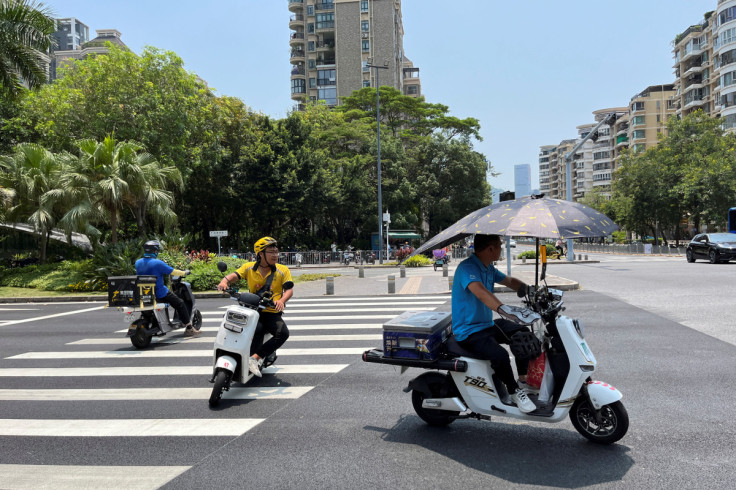Research reveals UK customers are losing faith in parcel delivery sustainability and service quality
UK customers are losing confidence in residential parcel delivery due to concerns about sustainability and deteriorating services.

According to Quadient research, UK customers are losing faith in the dependability and ease of residential parcel delivery.
The study discovered that 47 per cent of adults surveyed are concerned that the way parcels are sent and received will not be sustainable and that services will deteriorate and become more expensive, citing missed or stolen deliveries, less safe neighbourhoods, the need to reduce emissions and feeling pushed into unsatisfactory click-and-collect options.
Consumers are open to exploring home delivery alternatives that address these difficulties. Customers, for example, are willing to combine a trip for other purposes with picking up shipments. If given the opportunity, consumers would replace 47 parcel deliveries or pick-ups per year with trip "chaining" – the equivalent of 1.4 billion miles driven by couriers in the UK each year.
According to the report, there are some sad statistics regarding customer experiences. The study revealed that 36 per cent of consumers have received a "sorry you were out" card for a delivery when they were still at home.
In addition, 35 per cent are more concerned about parcel theft now than they were before the COVID-19 outbreak, which is logical given that police data reveals parcel theft has surged by 300 per cent in three years. The report further showed that 42 per cent think the influx of delivery vehicles in their neighbourhood each day makes it less pleasant and safe, and 31 per cent are under pressure to have fewer goods delivered for economic and environmental reasons but don't have an option.
A reported 45 per cent said present click-and-collect services are too inconvenient to use on a regular basis, making them less appealing as an alternative to home delivery, the report disclosed.
Katia Bourgeais-Crémel, EVP of parcel locker solutions Europe at Quadient stated that despite poor experiences, home parcel deliveries are an essential lifeline for many people. However, Bourgeais-Crémel noted that it's clear that the expectations that have grown up around fast, free, anytime delivery and even parcel return aren't sustainable, either for businesses or the environment.
She suggested the need for a whole ecosystem that allows individuals to order, receive, and return packages whenever they choose, without committing to an unsustainable economic model. The appropriate balance of solutions will provide consumers with the convenience they require while also lowering pollution, improving neighbourhoods, and creating new opportunities for businesses.
The report indicated that instead of traditional home deliveries or click-and-collect counters, 72 per cent of consumers are willing to use smart, secure parcel lockers. With respondents receiving an average of 72 items each year and sending 36 via courier, using lockers might simplify 'trip-chaining' for consumers and help shops attract up to £13.7 billion in additional expenditure.
With the rise in online shopping and returns during the COVID-19 pandemic, people have come to anticipate free, rapid delivery at a convenient time, and in many cases, the ability to return products from their door at no cost. Many shops and carriers, however, have discovered that providing these services is no longer viable, resulting in a perceived reduction in service quality.
The report revealed that 53 per cent of respondents reported that merchants' delivery options are becoming less generous, such as fewer businesses giving free delivery without a substantial purchase or receiving deliveries at inconvenient times.
Simultaneously, the report highlighted that the fragmented nature of deliveries and pickups – with many different providers offering varying degrees of service and using proprietary pick-up and drop-off locations – is inhibiting larger penetration. For example, 38 per cent of consumers would like to utilise parcel lockers, but their nearest options are exclusively used by one company, making them inconvenient.
© Copyright IBTimes 2025. All rights reserved.






















